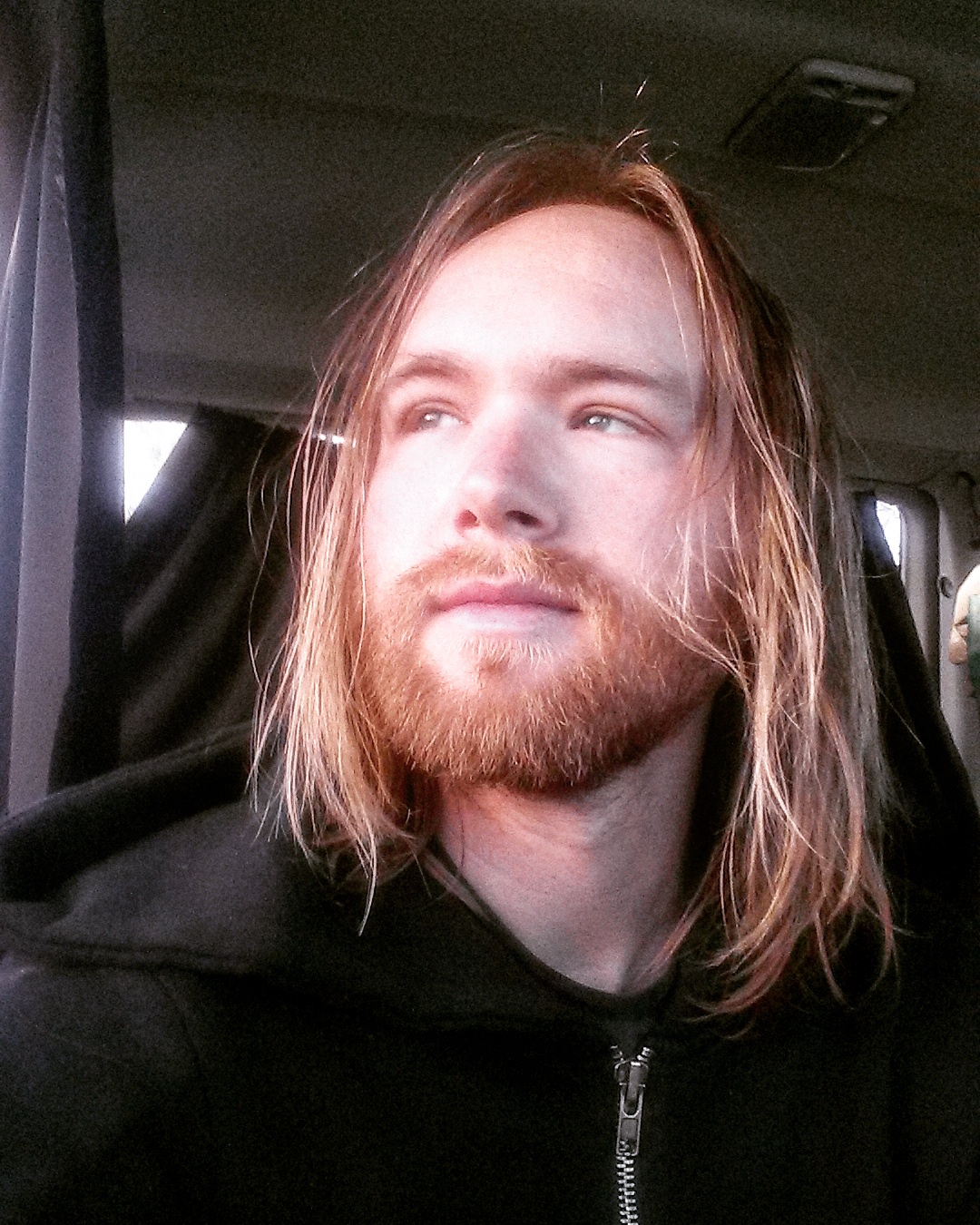Some information may be outdated.
In ancient times, survival was hard work. People labored to procure the basic requirements of food, water and warmth. Illnesses were often untreatable and lifespans short. Tribes managed resources efficiently to survive extreme conditions.
Human needs are unchanged. Biologically, we still need 2,000 nutritious calories a day, a few liters of water, secure shelter and treatment for illnesses. Psychologically, we still need a sense of purpose, community, love and freedom.
Thanks to technology, instead of 100 people working to harvest a field, one person on a tractor can do it in a day. Machines in factories make most of the things we buy. We have become experts at extracting resources from our environment and putting them to use. All of these processes are more efficient than ever.
Most people agree that technology is meant to serve human needs, so we can work smarter and not harder, connecting us in meaningful new ways. So why doesn’t the average person have a shorter workweek and better access to needed resources? Since our labor is much more efficient, and we’re still working just as hard, where is all that extra productivity going?
Of course, it’s being used to grow the economy; to further the extraction of resources from the environment; to create more wealth, mostly for people who are already wealthy. We’ve accepted that technology doesn’t exist to make life easier. Instead it’s used to extract more wealth while we work as hard as ever.
If we agreed that our collective excess should be distributed logically to raise the minimum standard of life for every human, and that we wanted more free time instead of long hours at work, that could be our reality. The economy is already larger than it needs to be to ensure that nobody has to fear death by starvation, thirst or preventable illness. Yet we leave half the world’s wealth in the hands of 1 percent of the people while billions live in extreme poverty and suffering. Nobody with $5 billion is going to die because their wealth shrinks to $100 million, but that money would make a big difference in the lives of thousands of sick people who can’t afford medical treatment. Doesn’t money exist to serve life and not the other way around?
For wealthy people, a more humane distribution of wealth is a personal loss, and they prevent it from happening because they’re the ones in power. Wealth doesn’t “trickle down” because leaks are stopped up as soon as possible.
The tourism economy is booming in Moab and new hotels are going in every year. Yet most of the new jobs pay poorly, and housing costs are rising quickly, so the average local is having a harder time despite the economic growth. Hotel owners didn’t invent the ancient beauty that draws tourists here, so why should they receive all the benefit? They could be required to pay a living wage and invest in the infrastructure we all use. Everyone is frustrated about this situation but it’s hard to address because we don’t question the privileges of the wealthy.
Even if sheer economic growth could address poverty, it’s a poor long-term solution because we’re pushing a global limit. Oil is finite. Economic activity is changing our climate far beyond natural fluctuations, and it’s driven about half of all animal species to extinction in the last 40 years. Deforestation is a huge problem, as are plastics in the ocean, and humans are rapidly demanding more resources. These trends threaten the long-term survival of humans on Earth.
What good is a thriving economy if it drives us to extinction?
Since we ultimately need to consume less in order to live on this planet long-term, we need to shrink our economy by using less money, working less and buying fewer possessions. It’s obvious that exponential growth is not sustainable forever. “Degrowth” would be “bad for the economy,” but we won’t have any economy at all if the ecosystem that supports human life collapses and we all die. We’re biological creatures who depend on other living organisms for our existence.
How can everyone have access to material needs while also consuming less overall? By distinguishing between needs and wants. Everyone should have access to the basics of food, water, medicine and shelter; a shot at a healthy, stable life, with freedom to pursue interests. At the same time, we need to confront the cultural mindset that more is always better, that acquiring possessions will make us happy, that monetary excess means security and worth.
We have to rein in our impulse to consume if we want to continue to live on this planet. The side effect is that when we focus less on material gain and more on our own health and quality time with loved ones, we often find a life that is richer in true joy and meaning.
Joe Omundson writes about travel, philosophy and society. You can email him at joe.omundson@gmail.com.
Appreciate the coverage? Help keep local news alive.
Chip in to support the Moab Sun News.



